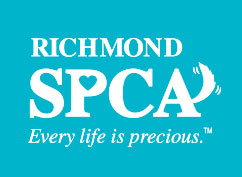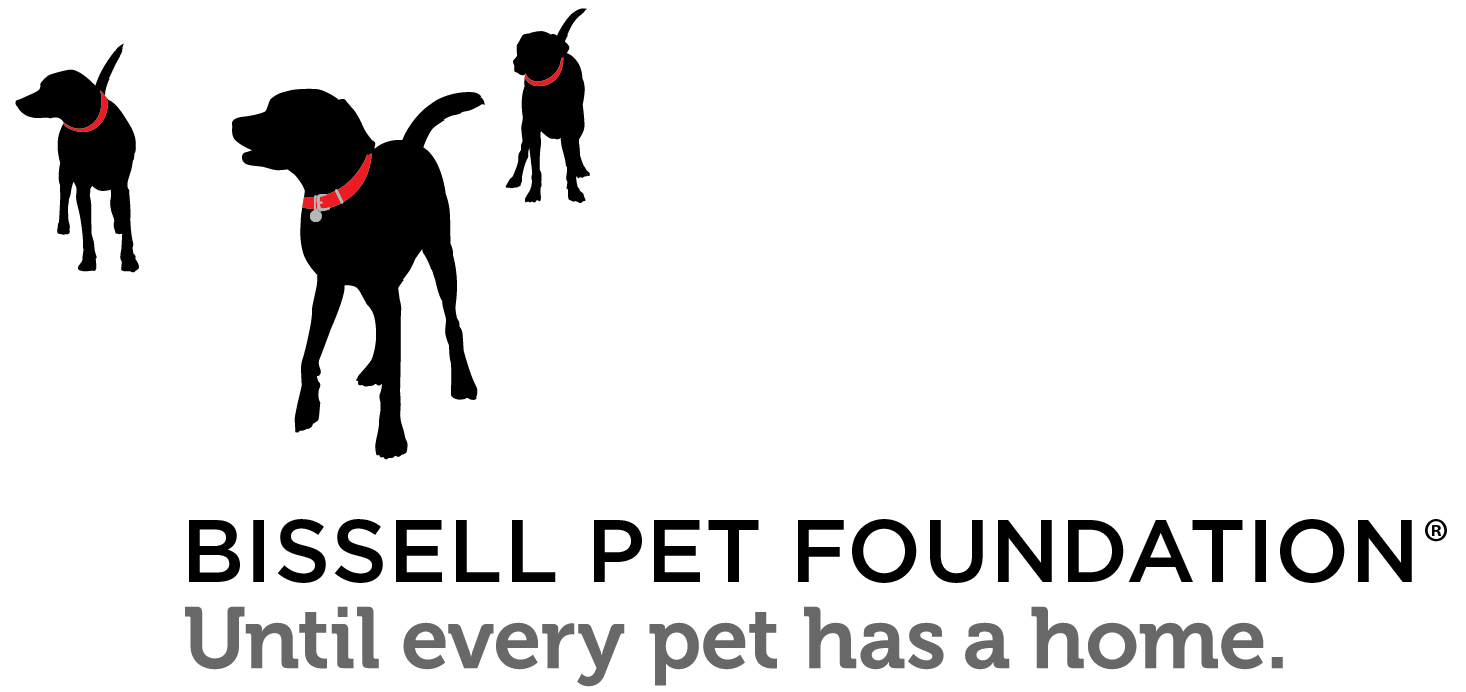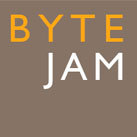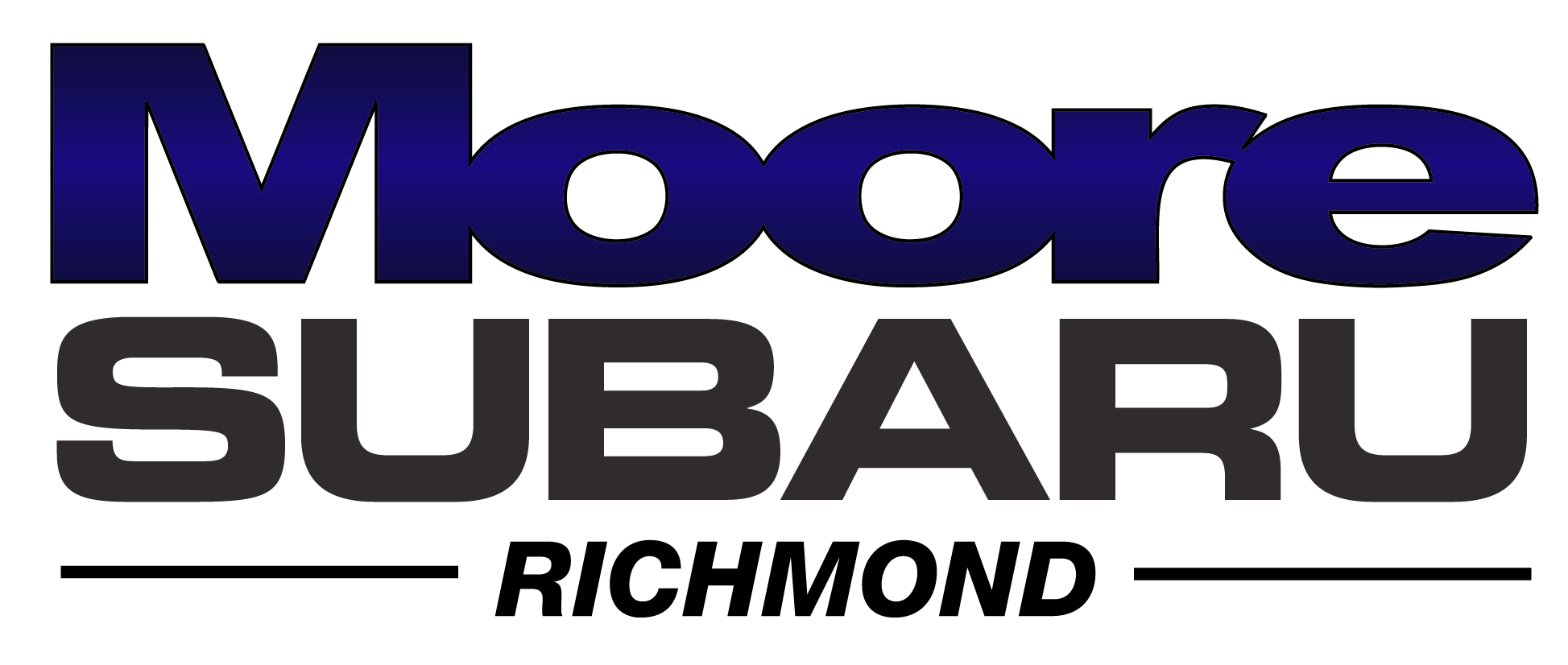Guest blog: For healthy waterways, people and pets we must all scoop the poop
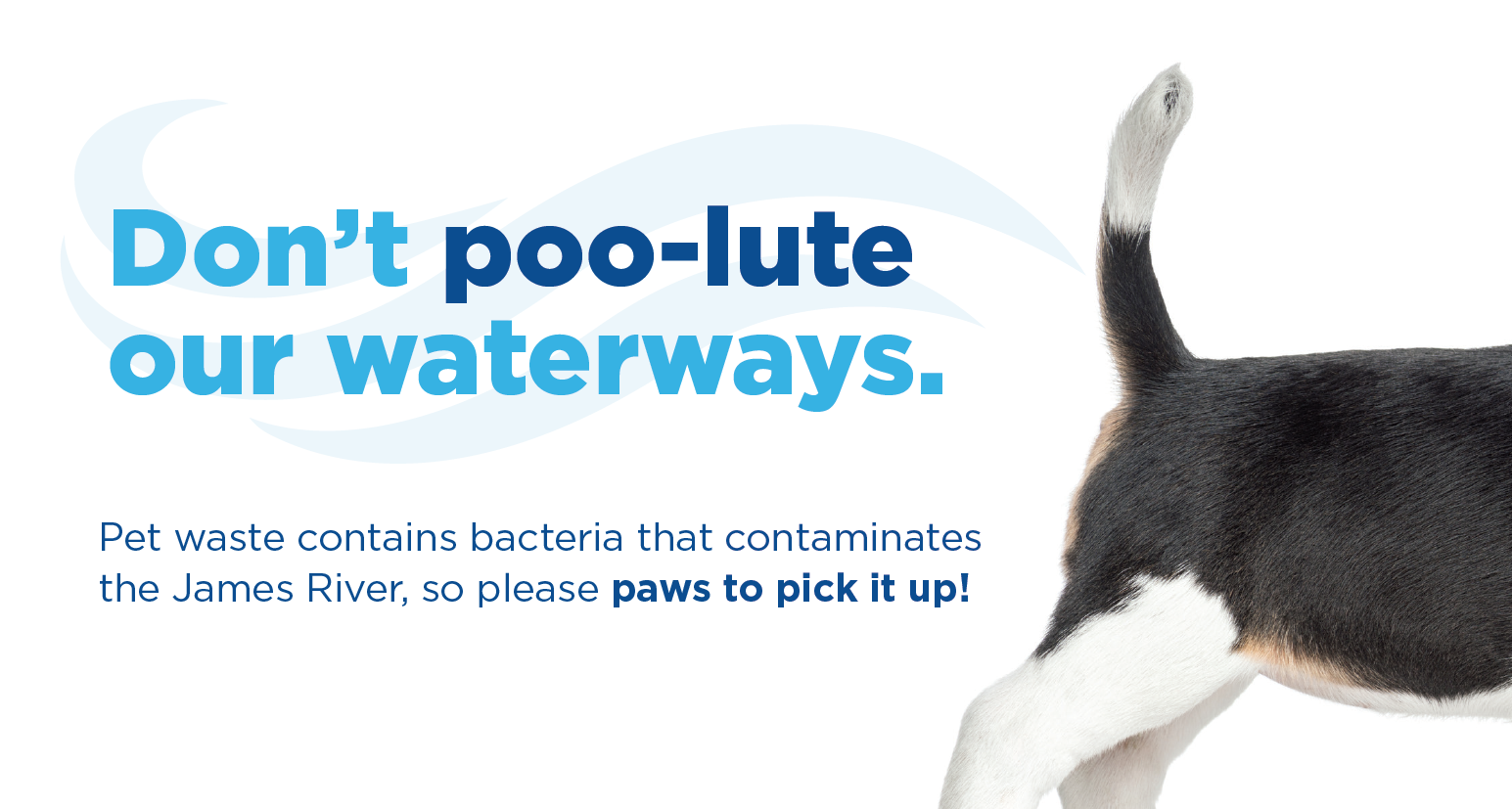
April Fools’ Day has passed so this is no joke: Happy National Pooper Scooper Week! To celebrate poop scooping—a chore that yields many unsung benefits—let’s explore the importance of always cleaning up after your pooch.

On long walks in this beautiful spring weather doesn’t it seem inevitable that, almost always near the turnaround point, our most beloved canine companions decide that it’s time to do their business? Maybe the thought has crossed your mind to leave it, just walk away, maybe push it off the path with a stick … but since there’s no poop fairy, these options are no good. I know it doesn’t sound pleasant to walk home carrying a bag of poo, but we’ve got to do it.
Even if you’re skipping the walk, when your pups do their business in their own yard, it’s equally vital to pick up poo in your yard too. Pet waste doesn’t belong decomposing on lawns, flung into bushes or landscaping, or lying beside tree trunks.
Despite what we want to tell ourselves, pet waste is not an acceptable fertilizer. Instead, when it rains (or when our annual snowfall event melts away), stormwater washes pet waste and its contents into Richmond’s streams, the James River and the Chesapeake Bay. Dog poop is high in nitrogen, which causes algae to grow excessively in our waterways and depletes the available oxygen for fish and aquatic life. You’ll do so much good by picking it up!

As if clean water wasn’t enough, pet waste can spread disease in us humans and our pups. A single gram of dog poo can contain as many as 23 million fecal coliform bacteria!
Doing your part is easy: bend at the knees, lean over, use a shovel if that’s your style, scoop the poop, and help it find its way to a trash can. Always carry a couple pet waste bags (or repurposed plastic grocery bags) for those surprise two-potty-breaks-per-walk events. You can stick them in your pocket, tie them around your leash, or carry them in a fetching little dispenser. Picking up after your pooch—every time, whether you’re at home, on a walk, or at the dog park—is a simple action you can take to protect your health, your pup’s health and the James River. Be the best kind of #1 human by picking up your dog’s #2.

Jenn Clarke is a proud foster failure. She is also the Public Education and Outreach Coordinator for the City of Richmond’s Stormwater Utility and their RVAH2O initiative to bring cleaner water faster to Richmond.
